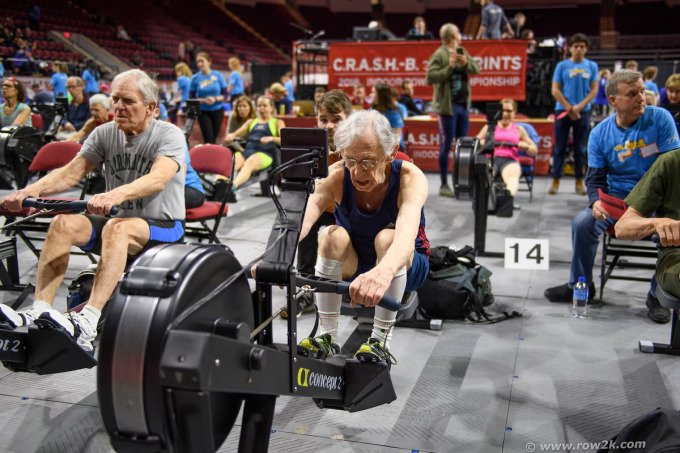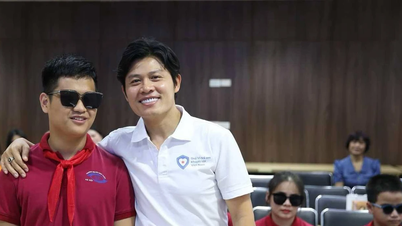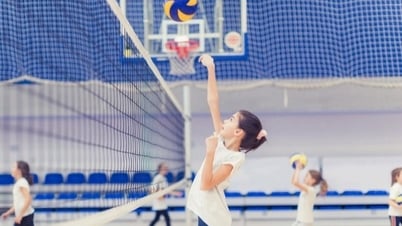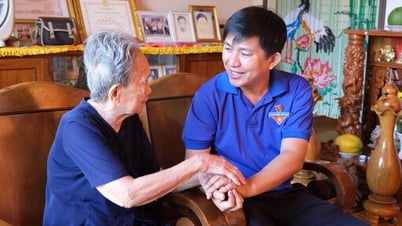At the age of 93, Richard Morgan, a rowing champion, surprised scientists by possessing the health of a 30-40 year old thanks to exercise.
Mr Morgan, from Douglas, Co Cork, is the lead volunteer for a study published in the Journal of Applied Physiology, December 2023. The study analysed Morgan’s exercise, diet and lifestyle to find out how he can help people live longer.
Mr. Morgan reportedly exercises regularly and follows a consistent workout schedule. He rows about 30 kilometers per week, averaging 40 minutes per day. His workouts are a mix of 70 percent easy, 20 percent harder, and 10 percent high-intensity.
He also lifts weights two or three times a week, using adjustable dumbbells, completing about two to three sets of crunches, repeating each movement until the muscles are fatigued.
In addition to exercise, the man maintained a high-protein diet, daily consumption exceeding the recommendation by about 60 g.
The results showed that he had the heart, muscles and lungs of someone less than half his age. Despite this, he had led a fairly normal lifestyle, exercising sparingly until his 70s.
He started his exercise routine late, but it paid off in health terms. He is now a four-time world champion indoor rower. Scientists can use Morgan’s case to answer questions about the effects of exercise in late life.
“To better understand the aging process, we need to look at active older people,” said Bas Van Hooren, a PhD student at Maastricht University in the Netherlands.

Richard Morgan participates in an indoor rowing competition. Photo: Row2k
Scientists invited Morgan, then 92, to the University of Limerick's biology lab to measure his height, weight, and other body measurements, as well as ask about his diet. They also tested his metabolism and heart and lung function. Then they asked him to run a simulated 2,000-meter rowing machine, which monitored his heart, lungs, and muscles.
Mr. Morgan weighs 45 kg, about 80% muscle, only 15% fat. This is considered an ideal index, even for men decades younger.
During the test, his heart rate peaked at 153 beats per minute, well above the expected maximum heart rate for someone over 90, indicating a very healthy heart, the researchers said. The peak heart rate was also fast, meaning Morgan’s heart was able to quickly deliver oxygen and energy to his organs.
Regular exercise also brought Mr. Morgan joy, happiness and meaning in life, in addition to physical benefits, according to the research team.
Dr. Scott Trappe, director of the Human Performance Laboratory at Ball State University, added that Mr. Morgan’s case sheds light on many of the mysteries of aging. Research shows that exercise, regardless of age, helps reduce muscle loss as we age.
Thuc Linh (According to Washington Post, Independent )
Source link



![[Photo] Prime Minister Pham Minh Chinh meets with US business representatives](https://vphoto.vietnam.vn/thumb/1200x675/vietnam/resource/IMAGE/2025/5/13/5bf2bff8977041adab2baf9944e547b5)
![[Photo] President Luong Cuong attends the inauguration of the international container port in Hai Phong](https://vphoto.vietnam.vn/thumb/1200x675/vietnam/resource/IMAGE/2025/5/13/9544c01a03e241fdadb6f9708e1c0b65)
































































































Comment (0)